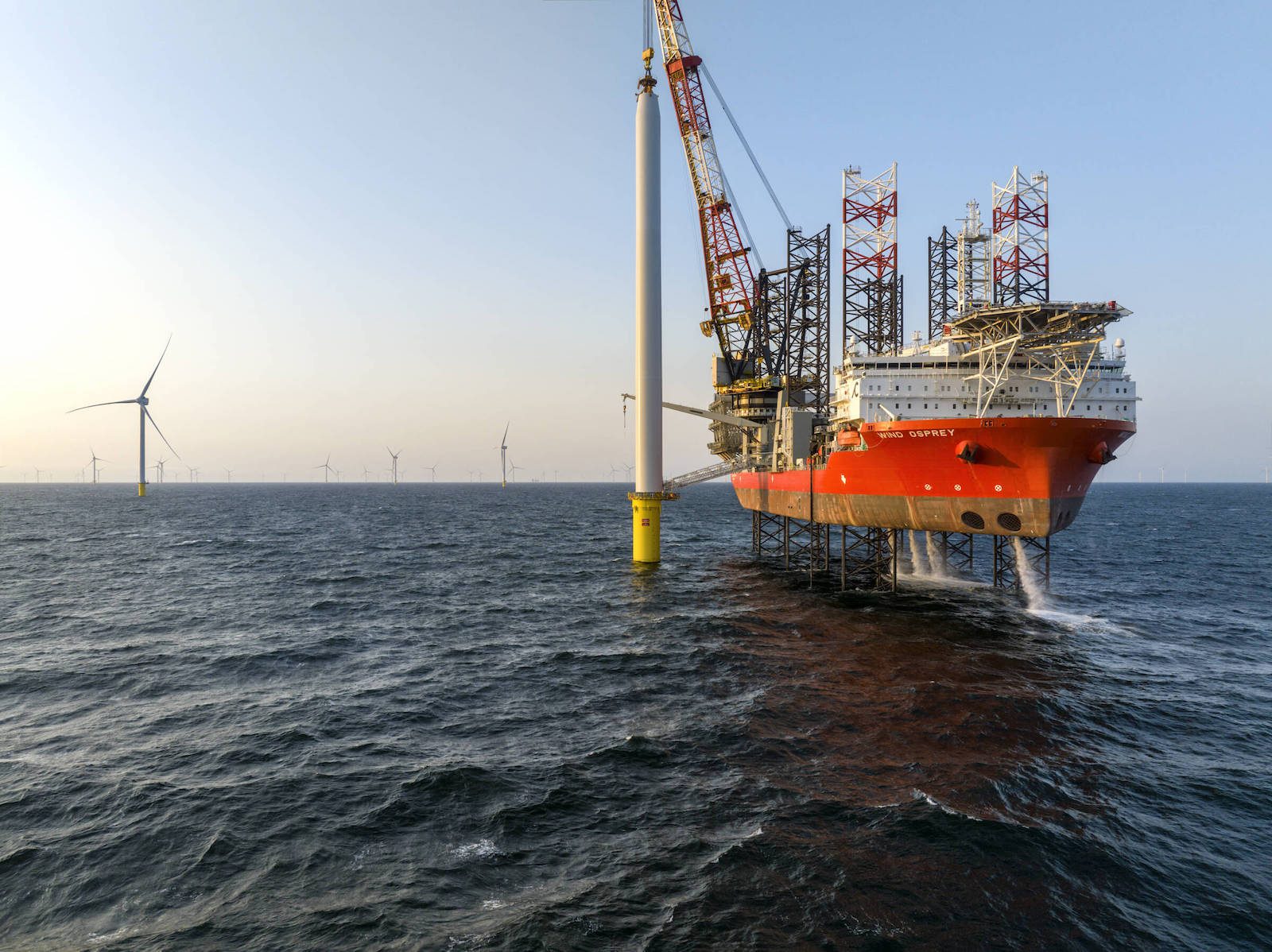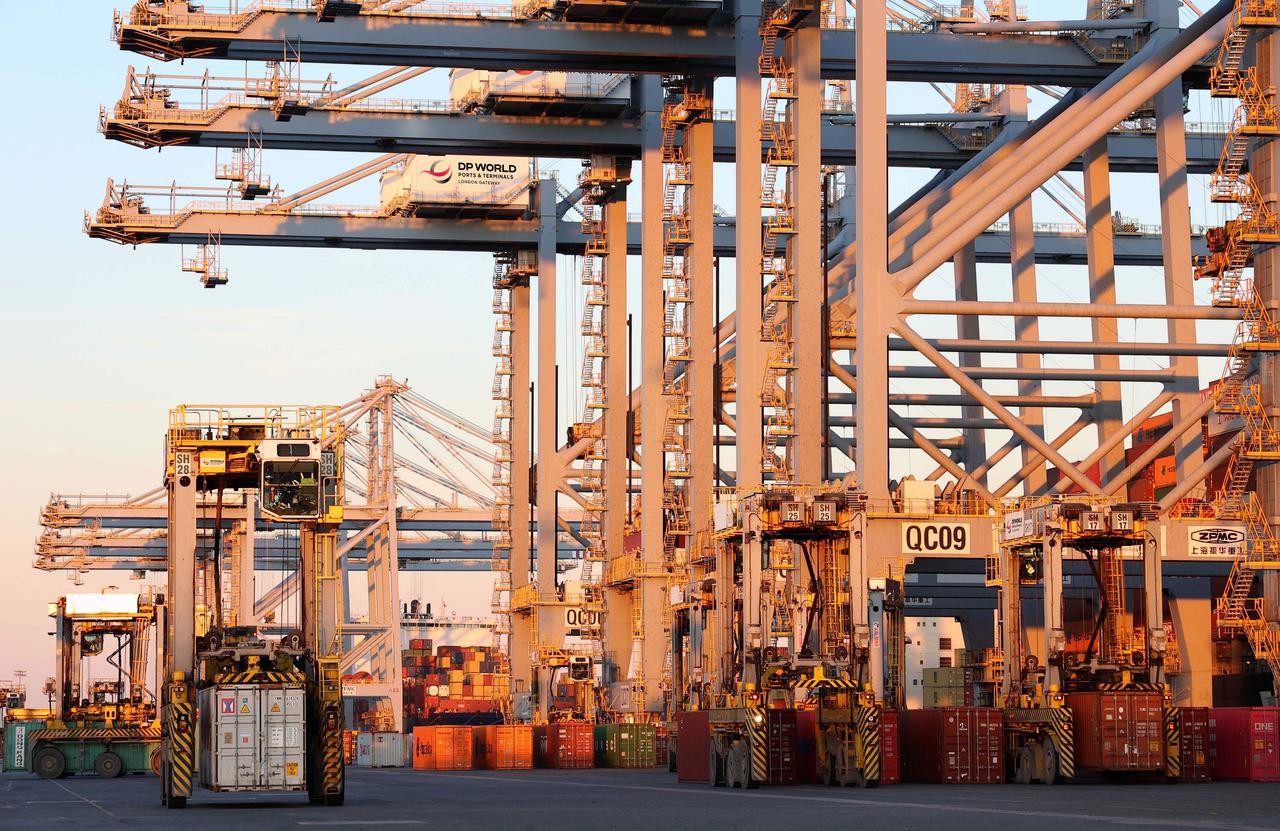HOUSTON (Dow Jones)–Transocean Ltd. (RIG) Chief Executive Steven Newman said the contract driller’s internal investigation into April’s Deepwater Horizon disaster should be complete and released within the next two months.
Transocean was leasing the Deepwater Horizon to BP PLC (BP, BP.LN) when the rig exploded in the Gulf of Mexico and sank, killing 11 and unleashing the worst offshore oil spill in U.S. history.
“Our internal investigation into the events of that tragedy is nearing completion,” Newman told investors during a conference call to discuss Transocean’s fourth-quarter earnings. “In light of continuing delays and obtaining information on the third-party testing of the Horizon’s (blowout preventer), we expect to release findings in the next month or two.”
Transocean reported a loss of $799 million, or $2.51 a share, compared with a year-earlier profit of $723 million, or $2.24 a share.
The most recent quarter included net charges of $1.02 billion, or $3.19 a share, mostly related to a current and projected decline in dayrates and utilization of its aging jackup rigs group. Year-ago results included a net gain of $10 million, or 3 cents, as a gain from the sale of an interest in a joint venture and legal settlement income were partially offset by tax-related charges.
Revenue slid 21% to $2.16 billion. Analysts polled by Thomson Reuters expected an adjusted profit of 89 cents on revenue of $2.3 billion.
The Zug, Switzerland, company saw fourth-quarter revenue decline for each segment of its fleet from the previous year as utilization rates slid to 58% from 69% a year ago.
“We have segmented our fleet between those rigs that we characterize as long-term core assets and those rigs that are not,” Newman said. “But simply because a rig falls into that category of being not long-term or not core doesn’t mean we’re necessarily going to rush to the auction block to get rid of it.”
The company is involved in ongoing discussions with potential buyers,” Newman said.
Proceeds from the sale will be used to add so-called high-spec rigs to Transocean’s fleet, but the company will resist adding to its fleet without first securing commitments from oil and gas producers, Newman said.
“We just don’t think it’s good industry behavior to add to the capacity on a speculative basis,” Newman said.
Despite an “oversupply” of deep-water rigs and uncertainty over when drilling will resume in the U.S. Gulf, oil prices approaching $100 a barrel is propelling contracting activity, said Terry Bono, Transocean’s vice president of marketing. Bono said the company expects several short-term deep-water projects to begin in the next six months and anticipates the results of bids for long-term work in Brazil, West Africa and the Far East by the middle of the year.
Bono and other executives declined to guess when deep-water drilling activity might resume in the Gulf of Mexico, where U.S. regulators have allowed no new wells since the Deepwater Horizon disaster. And Bono said Transocean may move one of its rigs from the Gulf “shortly.” According to Transocean’s recent fleet status report, the company had 15 rigs in the Gulf of Mexico in January.
Before-tax expenses related to the Deepwater Horizon totaled $137 million in 2010. Meanwhile, the reported a $267 million after-tax gain from insurance proceeds associated with the loss of the Deepwater Horizon.
Transocean shares slid 4%, or $3.28, to $78.75.
-By Ryan Dezember, Dow Jones Newswires

 Join The Club
Join The Club










